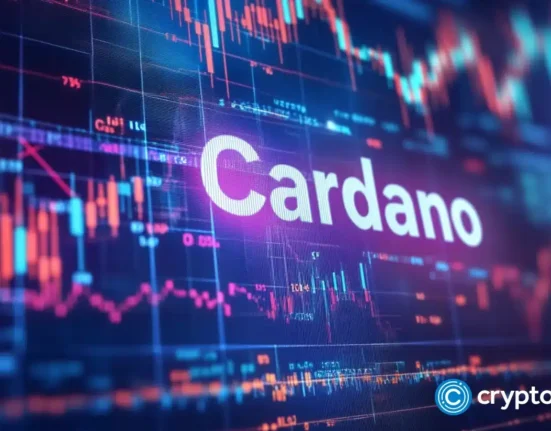[ad_1]


The U.S. District Court for the Northern District of California has ruled against Lido DAO in a major case concerning its legal status.
The decentralized autonomous organization argued that it is not a legal entity and, therefore, immune from lawsuits. However, the court rejected this claim, stating that Lido DAO operates as a general partnership under California law, making it liable for legal action.
Andrew Samuels, a former Lido DAO (LDO) token holder, initiated the lawsuit last December after incurring massive financial losses due to the token’s declining value.
He contended that Lido DAO and its governance token, LDO, violated federal securities laws by failing to register the token as a security.
The court acknowledged these allegations, emphasizing that decentralized governance does not exempt DAOs from regulatory compliance. This decision syncs with regulatory trends targeting entities in the decentralized finance space.
Samuels’ legal team identified the centralized control within Lido DAO, pointing out that 64% of LDO tokens are held by founders and early investors. They argued that this gives them disproportionate influence over governance decisions.
The complaint further alleged that Lido DAO deliberately structured itself to evade legal scrutiny while enabling institutional investors like Paradigm, Andreessen Horowitz’s a16z, and Dragonfly Digital Management to profit from unregistered securities sales.
Moreover, the court deemed that these investors likely played active roles in the DAO’s governance and business operations, potentially exposing them to legal liability alongside Lido DAO.
The lawsuit also mentions claims of promotional activity by Lido DAO, including encouraging LDO token purchases through social media and facilitating listings on centralized crypto exchanges.
Samuels argued that these actions constituted solicitation, directly tying the DAO to his financial losses. Despite purchasing his tokens on secondary markets, the court determined that the promotional efforts sufficiently connected Lido DAO to these transactions.
As one of the largest liquid staking protocols, managing over $30 billion in assets, per DefiLlama data, Lido DAO faces major challenges following this ruling. The court’s decision sets a precedent for holding DAOs accountable under existing legal frameworks.
Samuels seeks damages for his financial losses, a jury trial, and coverage of legal fees. Notably, the case continues to progress, with possible implications for the DeFi ecosystem.
[ad_2]
Source link








